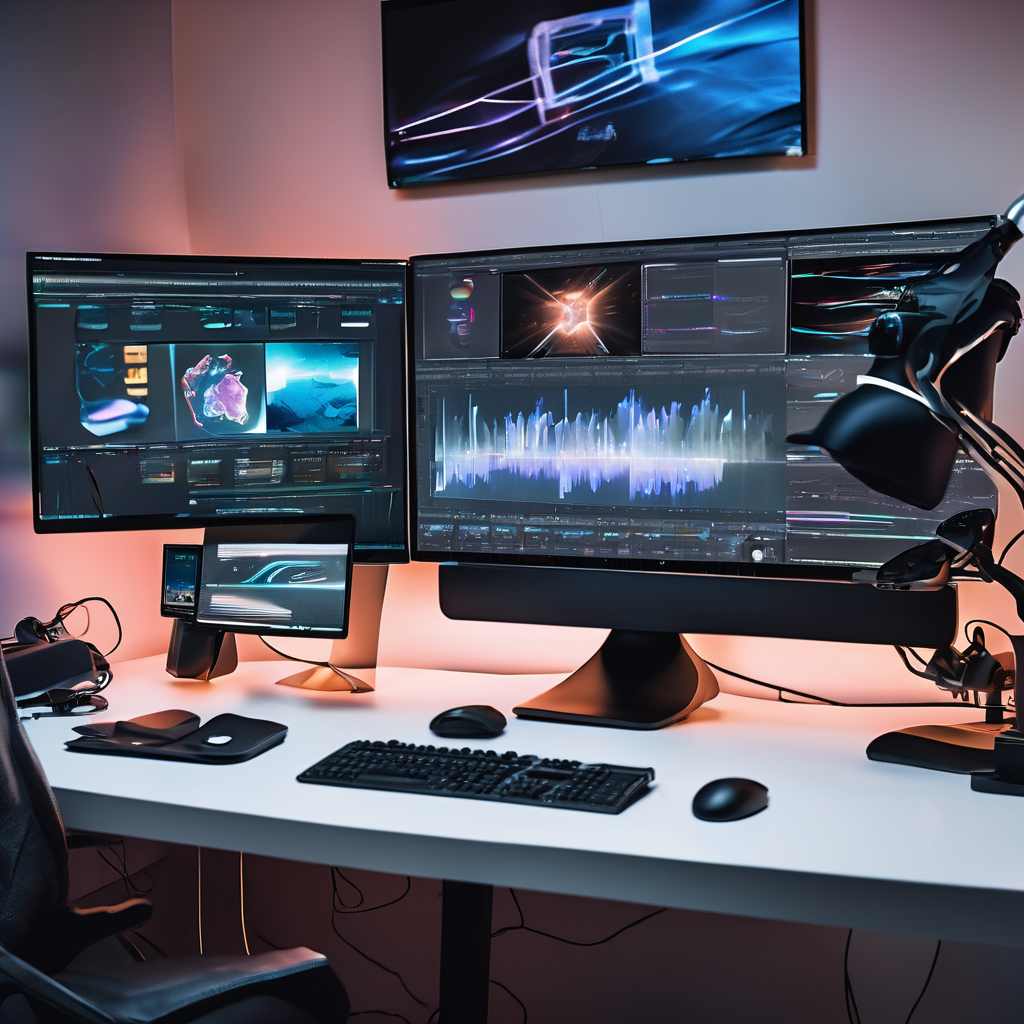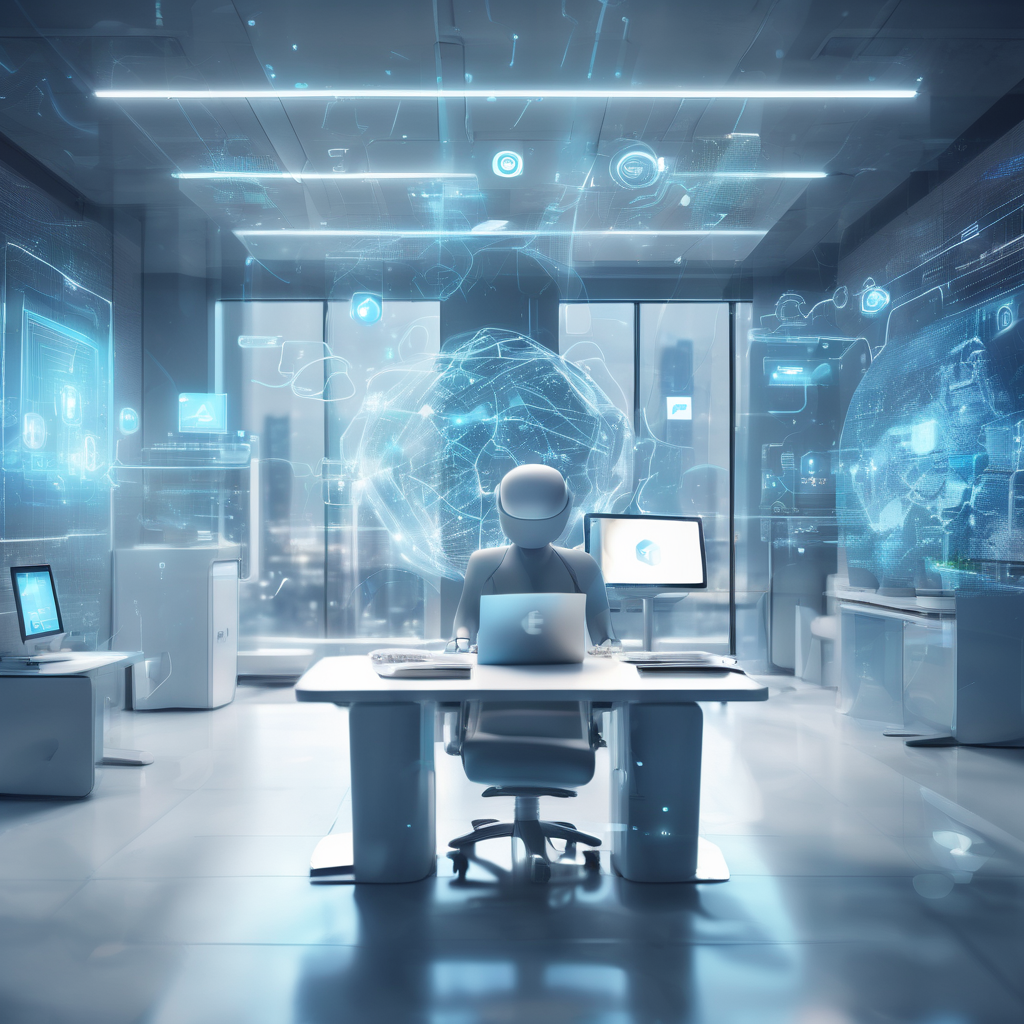
On a metallic door in San Francisco's Mission District, the symbol “π” hints at the innovative work happening inside. This space belongs to Physical Intelligence (PI or π), a startup aiming to enhance robot intelligence, luring massive investments such as $400 million from OpenAI and Jeff Bezos. The company dreams of endowing robots with humanlike understanding and dexterity through extensive sensor and motion data fed into an AI model. Inside, activity is intense: robots fold T-shirts and move items, while a man operates a pincer with a webcam. The company's founders, including CEO Karol Hausman, envision AI enabling robots to adapt to new tasks through intuitive control rather than precise programming. Inspired by the success of large language models (LLMs) like ChatGPT, they believe similar advancements are possible in robotics. Earlier, LLMs demonstrated how they could solve open-ended tasks without conventional programming. By enhancing these with vision models, robots gained a limited understanding of their surroundings, making more informed actions possible. A public demonstration highlighted the potential, as the audience controlled a robot across continents, showcasing its problem-solving skills. To improve physical abilities, Physical Intelligence collaborates with other institutions, collecting data from diverse tasks using transformer models.
This approach shows promising results, hinting at extraordinary future robot skills akin to a child's progression from basic grasping to playing piano through extensive learning. Amidst the excitement around humanoid robots from startups and tech giants, some experts express skepticism about overcoming the complexities of physical interaction. Concerns about hype and the lack of large-scale robot action data are noted, as physical tasks involve more variables than language processing. Still, the optimism persists; Kais robots might learn from human demonstrations, perhaps by watching YouTube videos, fusing virtual and real-world learning. Physical Intelligence plans to scale its effort by partnering with firms to collect data from various robotic tasks. They are developing custom hardware to potentially harness crowdsourced training through everyday tasks. Recent developments at the startup show significant strides: robots are proficiently performing complex household tasks, with movements that seem almost human. Using a blend of LLMs and image generation models, the team has achieved more general robotic capabilities akin to OpenAI’s early models. Despite some amusing errors, the team is optimistic. Their "general recipe" for robot learning signifies exciting progress, suggesting that the integration of advanced AI in the physical world is becoming increasingly viable.
Enhancing Robot Intelligence: Physical Intelligence's Revolutionary Approach


Ingram Micro Holding (INGM) recently launched its new AI-powered Sales Briefing Assistant, utilizing Google’s Gemini large language models.

Dappier, a company specializing in consumer-focused AI interfaces, has announced a strategic partnership with LiveRamp, a data connectivity platform known for identity resolution and data onboarding expertise.

Omneky has launched an innovative product called Smart Ads, aimed at transforming how marketers develop advertising campaigns.

Google has launched a new online video editing application called Google Vids, which utilizes the company's advanced Gemini technology.

SEO Company has introduced a revolutionary advancement in search engine optimization with its Autonomous SEO Agent, an AI-driven system designed to continuously analyze, audit, and optimize websites autonomously, without human intervention.

Empowering marketers and franchisees with a superhuman edge for on-brand local marketing anytime, anywhere.

Artificial intelligence (AI) is swiftly reshaping the field of search engine optimization (SEO) by greatly enhancing content personalization and boosting user engagement.
Launch your AI-powered team to automate Marketing, Sales & Growth

and get clients on autopilot — from social media and search engines. No ads needed
Begin getting your first leads today